
“Ode to Billie Joe” at 50
Originally aired on Studio 360 and their affiliates on December 21, 2017. Ode to an Enigma: How Bobbie Gentry ghosted us all In 1967, Capitol Records took a chance on […]
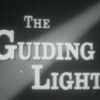 play_arrow
play_arrow
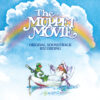 play_arrow
play_arrow
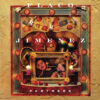 play_arrow
play_arrow
The Sounds of America: Flaco Jiménez’s Partners album BMPAudio
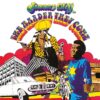 play_arrow
play_arrow
The Sounds of America: The Harder They Come Soundtrack BMPAudio
 play_arrow
play_arrow
 play_arrow
play_arrow
 play_arrow
play_arrow
 play_arrow
play_arrow
 play_arrow
play_arrow
 play_arrow
play_arrow
Science Of Happiness 76: If You Want to Be More Productive, Cut Yourself Some Slack BMPAudio
 play_arrow
play_arrow
 play_arrow
play_arrow
 play_arrow
play_arrow
Science of Happiness 73: How to Switch Off Your Critics BMPAudio
 play_arrow
play_arrow
 play_arrow
play_arrow
Science of Happiness 72: How To Reconnect With Your Partner BMPAudio
 play_arrow
play_arrow
The Science of Happiness 71: Do You Want To Be More Patient? BMPAudio
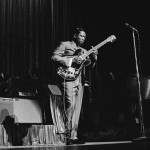 play_arrow
play_arrow
Red, White and the Blues BMPAudio
 play_arrow
play_arrow
The Science Of Happiness 70: How To Love People You Don’t Like BMPAudio
 play_arrow
play_arrow
The Science of Happiness 69: What’s Your “Why” In Life? BMPAudio
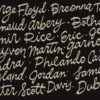 play_arrow
play_arrow
The Science of Happiness 68: From Othering to Belonging BMPAudio
 play_arrow
play_arrow
The Science of Happiness 67: Taking Small Steps toward Big Goals BMPAudio
 play_arrow
play_arrow
1A Memorial Day Special BMPAudio
 play_arrow
play_arrow
The Science of Happiness 66: How to Connect When You Must Stay Apart BMPAudio
 play_arrow
play_arrow
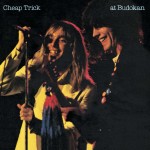 play_arrow
play_arrow
 play_arrow
play_arrow
The Science of Happiness 64: Helping Kids Think About the Good BMPAudio
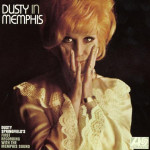 play_arrow
play_arrow
 play_arrow
play_arrow
The Science of Happiness 63: Remembering to Breathe BMPAudio
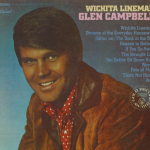 play_arrow
play_arrow
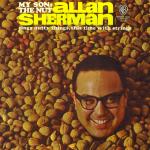 play_arrow
play_arrow
The Sounds of America: “Hello Muddah, Hello Fadduh” BMPAudio
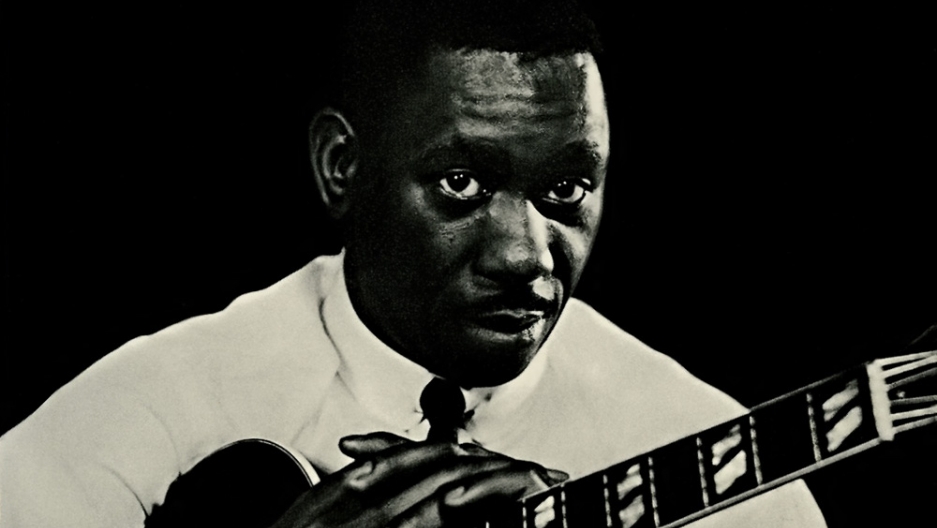
 play_arrow
play_arrow
This year marks the 50th anniversary of the death of Wes Montgomery, the great jazz guitarist. He died suddenly — a heart attack — when he was just 45.
At the time, Montgomery was at the height of his fame, having had a string of popular albums. And the thing that really made his sound so unique was that he didn’t use guitar picks, using his thumb instead, which gave an intimacy and warmth to his playing.
Many listeners first heard Montgomery on a groundbreaking album released in 1960, “The Incredible Jazz Guitar of Wes Montgomery.” And that album would not have been made if not for the great saxophonist Cannonball Adderley, who saw Montgomery play in Indianapolis and urged the label he was on, Riverside Records, to sign him.
To tell the story of that album — and the impact Montgomery had — we hear from jazz guitar players George Benson and Pat Martino, and from Peter Keepnews, the New York Times editor and writer whose father, Orrin Keepnews, was the cofounder of Riverside Records.
“He talked very intelligently when he spoke, but very sparingly,” said Benson, who first saw Montgomery play live when Benson was just a teenager growing up in Pittsburgh, and would go on to count him as a friend. “When he started playing we knew why. He did his talking through his guitar, not with his mouth.”
This story was produced by Jennie Cataldo for BMP Audio.
Tagged as: George Benson, Library of Congress, Pat Martino, Peter Keepnews, Studio 360, Wes Montgomery.

BMPAudio December 21, 2017
Originally aired on Studio 360 and their affiliates on December 21, 2017. Ode to an Enigma: How Bobbie Gentry ghosted us all In 1967, Capitol Records took a chance on […]
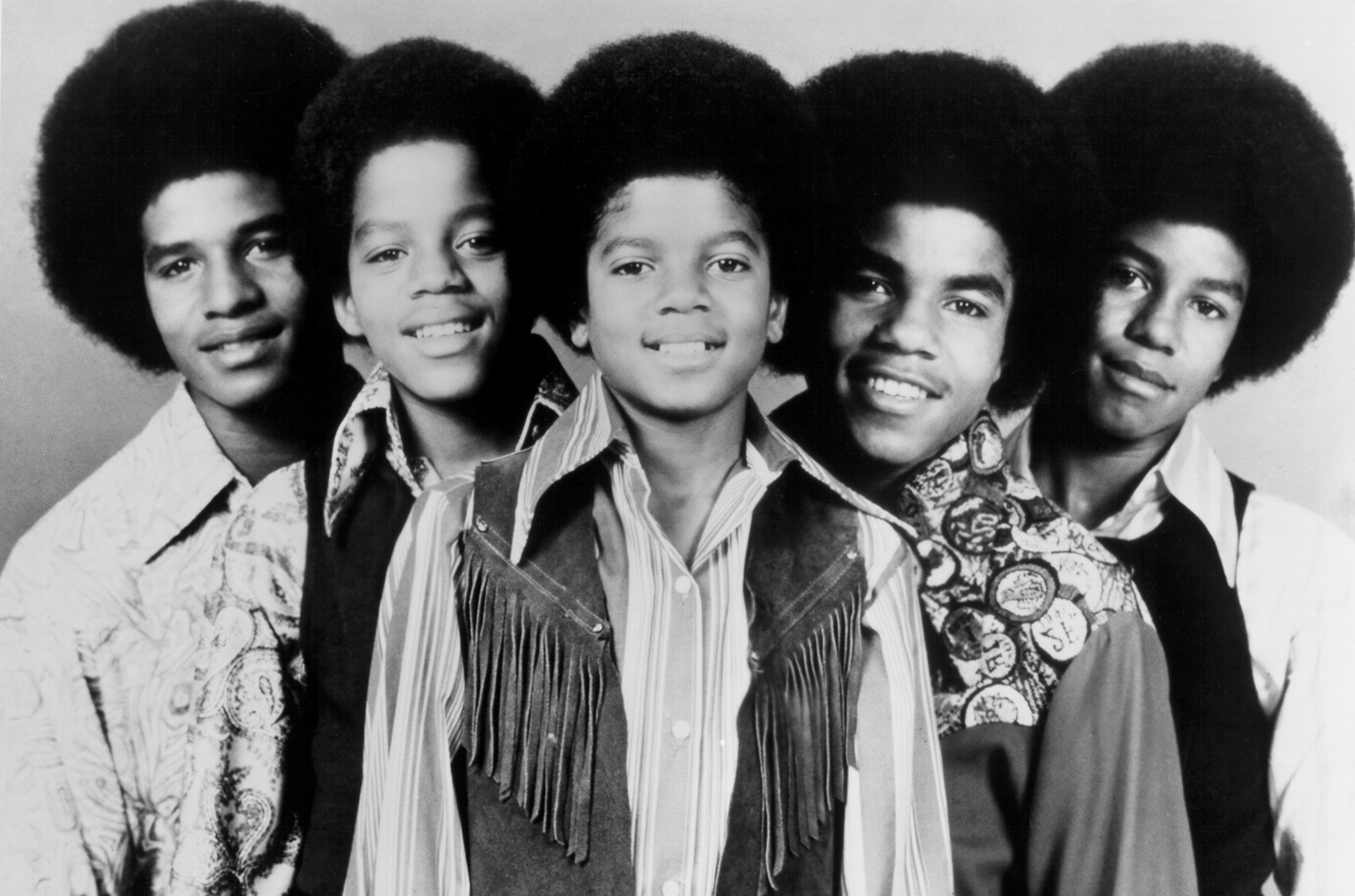

Whether a syndicated national radio series, podcast, documentary or audiobook, BMP Audio creates imaginative, sophisticated and effective sound tracks for your ideas. Our fully digital production facilities assure the highest level of audio fidelity. The world’s top broadcast companies know this – and that’s why they choose BMP Audio.